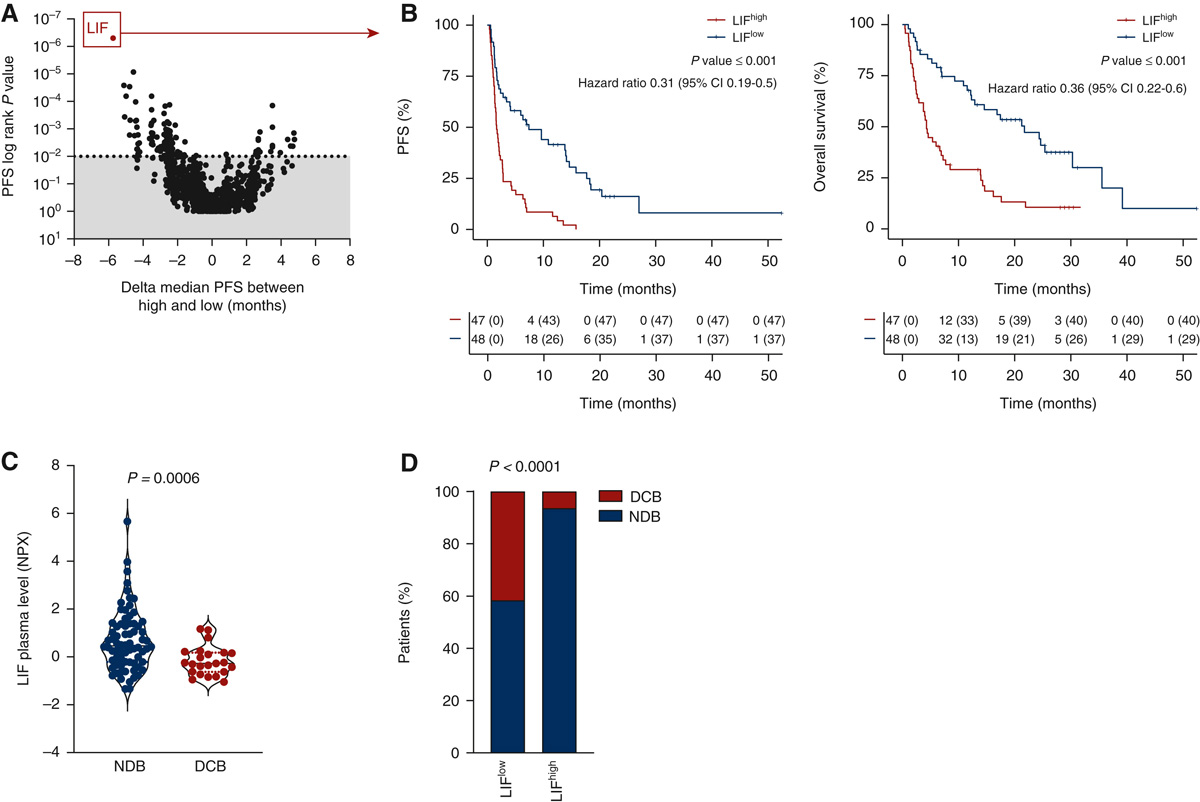
Proteomics in biological fluids, with a minimal volume as low as 1µL
Eligible samples:
- Cell culture samples: supernatant, lysates
- Blood samples: plasma (treated with EDTA, citrate, heparin), serum
- Other biological fluids: saliva, urine, …
Samples can be provided by sponsor or generated/sourced by Explicyte.

Olink’s PEA technology – a robust approach to proteomics
- High specificity: The Olink® Proximity Extension Assay (PEA) is based on protein detection by two matched antibodies labeled with unique DNA oligonucleotides, and thus avoids antibody cross-reactivity.
- Exceptional sensitivity (below pg/ml): Once oligonucleotides hybridize, a unique DNA barcode is exponentially amplified by PCR for strong readout signal, thus enabling to work with low-volume samples.

Wide-ranging validated 96-plex protein marker panels
- Immuno-oncology panels, including protein markers of cancer progression, tumor immunity (lymphocyte activation, inflammation, cytokine release), chemotaxis, apoptosis, immune & tumor metabolic activity, and autophagy.
- Cardiology panels, encompassing cardiovascular, inflammatory and metabolic markers
- Neurology panels, comprising protein markers of key neurobiological processes, such as neurogenesis, as well as markers of neurodegenerative disorders
Olink®-certified
service provider
- Accredited staff trained by Olink® to implement PEA assays
- A dedicated expertise (PhD level) to tailor the experimental plan to your need and discuss results
- In-house data analysis to generate heatmaps and volcano plots
Experts
in Immuno-Oncology
- Specific expertise in immuno-oncology panels (cytokines, immune and tumor markers)
- Technologies platforms to complement proteomic data: spatial transcriptomics, single-cell RNA-Seq, digital pathology, flow cytometry, …
- Track record: 2 recent publications in Annals of Oncology based on Olink® PEA assays
Explicyte, in collaboration with the Gustave Roussy and Institut Bergonié Comprehensive Cancer Centers, analyzed the proteome of plasma samples, collected before treatment onset, from two independent prospective cohorts of cancer patients treated with immune checkpoint inhibitors (discovery cohort n = 95, validation cohort n = 292). The study identifies LIF as a robust biomarker associated with resistance to immunotherapy.
Unbiased proteomic analysis reveals that baseline serum levels of LIF are linked to poor clinical outcome in cancer patients treated with immune-checkpoint blockers. Additional investigation reveals that LIF level is associated with the presence of intratumoral TLS.
(A) Display of the logrank P-values for progression-free survival (PFS) (y axis) and of the delta median PFS (x axis) associated with each plasmatic marker. Median value of each plasmatic marker was used to categorize patients with high or low status. Each dot represents one marker. (B) Kaplan-Meier curves of PFS (left) and overall survival (right) according to baseline plasmatic LIF levels. (C) Quantification of baseline plasmatic LIF in patients with non durable benefit (NDB, n = 72) and durable clinical benefit (DCB, n = 23) patients. P value was calculated using Wilcoxon Rank sum test. (D) Proportion of patients who experienced DCB or NCB according to their baseline plasmatic level of LIF classified as high (above median value) and low (below median value).
Your contacts

Talk to our team !
Paul Marteau, PharmD (preclinical study director), Imane Nafia, PhD (CSO), Loïc Cerf, MSc (COO), Alban Bessede, PhD (founder, CEO), Jean-Philippe Guégan, PhD (CTO)
Tell us about your project !
Olink Proteomics Services for Immuno-Oncology I Protein Biomarker Discovery & Analysis
We provide high-capacity proteomics analysis for comprehensive protein biomarker discovery using Olink® Target technology. As real executors of complex biological processes, proteins represent the most important class of biomolecules to understand disease pathology and associated biological processes. They provide the most actionable targets for therapeutic interventions and should be at the center of development of novel, more efficient therapies that can be tailored towards individuals. Based on the Proximity Extension Assay (PEA), Olink® technology is a 96-plex immunoassay that enables high throughput detection of 92 protein biomarkers in a minimal sample volume (1µl serum/plasma). The assay is also compatible with a diversity of sample matrices. Olink® PEA is a dual-recognition immunoassay, where two matched antibodies labeled with unique DNA oligonucleotides simultaneously bind to a target protein in solution. When bound on the target, the close proximity between the antibodies allows their oligonucleotides to hybridize, serving as a template for a DNA polymerase-dependent extension step. The resulting unique DNA barcode is finally amplified and quantified by qPCR. Unlike other immunoassay, PEA guarantees an exceptional specificity by avoiding antibody cross-reactivity thanks to the target dual recognition. Moreover, the exponential amplification properties of PCR allow to achieve a strong readout signal, providing higher assay sensitivity (below pg/ml). Olink’s® Target96 biomarker panels are dedicated to many diseases and/or biological processes as indicated below. Details on Target 96 biomarker panels are available for download.


